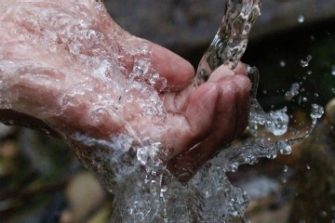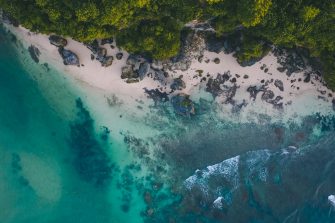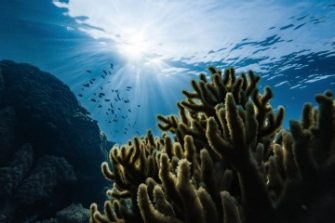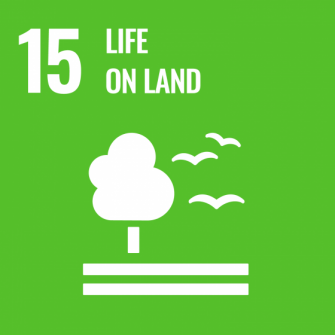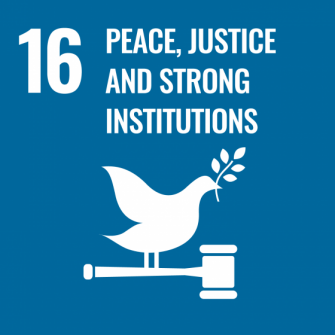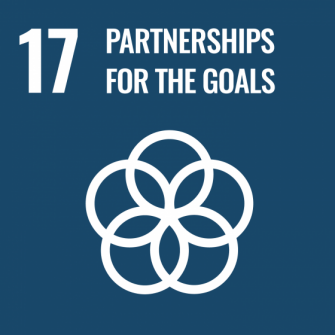SDG 14: Life Below Water
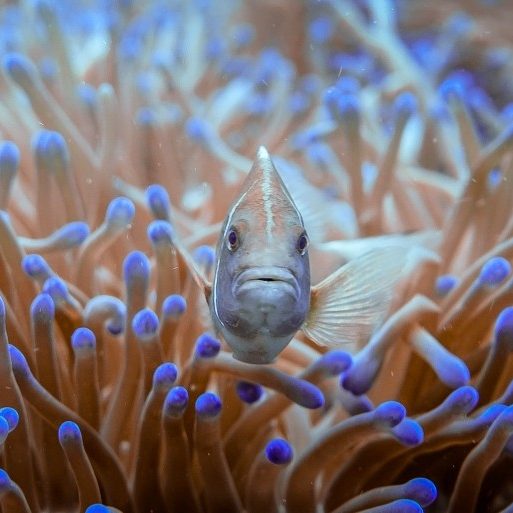

UNSW achieved the ranking in the 2024 Times Higher Education Impact Rankings.
Our work
UNSW scientists lead hydraulic aspects of Blue Carbon Method
UNSW’s Associate Professor Will Glamore, Dr Valentin Heimhuber and Jamie Ruprecht of the UNSW Water Research Laboratory lead the hydrologic aspects of the Commonwealth Clean Energy Regulator’s ‘Blue Carbon Method’.
Living Seawalls
The Living Seawalls project aims to investigate methods to enhance the ecological value of artificial structures in the marine environment such as seawalls and pilings.
What started as a flagship program of the Sydney Institute of Marine Science is now being trialled in in harbours across Australia, in Asia and Europe.

Centres, institutes and partnerships
Artificial Reefs
With specifically designed reef fields costing approx $1 million, the question is not do they work, but do they work too well? Prof Tracy Rogers speaks to special guest, Prof Iain Suthers about production vs attraction and lots more.
Warming waters & turtles
Prof Tracey Rogers explains some of the challenges facing marine turtles including sex skewing. The sex of marine turtles depends on what the temperature was when they were eggs, so will global warming mean too many females?
Justice for the Oceans
Globally-renowned ocean defender Dr Ayana Elizabeth Johnson is clear: saving the oceans is key to fighting the climate crisis. Listen to this conversation between Ayana Elizabeth Johnson and leading Australian marine scientist Emma Johnston.

Master of Marine Science and Management
This masters course offered by UNSW in partnership with the Sydney Institute of Marine Science, educates students about coastal management and engineering, climate change, marine ecology and conservation, marine legislation, physical oceanography, and data analysis and modelling.
SciX@UNSW
More than 170 high school students took part in a research project identifying where rocky shore species live, and why, in the Sydney area. The students learned about the SDGs from a panel of UNSW experts working on innovations translating science research into accessible sustainable solutions. Students were encouraged to place sustainability at the heart of their research now and into the future.








